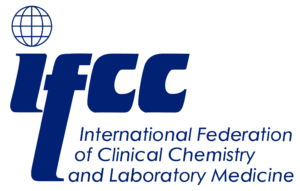Objective
The study aimed to explore the efficacy of pharmacokinetic-based 5-fluorouracil dose management by plasma concentration test in advanced colorectal cancer treatment.
Methods
153 samples of advanced colorectal cancer patients were enrolled and randomly assigned to a control group and an experimental group. All patients received double-week chemotherapy with 5- fluorouracil (four weeks were used as one period), and chemotherapy duration ranged from 2 to 6 periods. In the first period, all patients were administered with the classic strategy of body surface area (BSA).
Results
In the subsequent periods, the control group (77 samples) continued with BSA guided chemotherapy, while the experimental group (76 samples) received pharmacokinetic AUC-based chemotherapy. The efficacy and toxic side effects were assessed during chemotherapy, and survival was recorded in a follow-up. In the AUC experimental group, the rate of diarrhea significantly decreased (37.50% vs. 70.00%, P=0.010), and incidence of oral mucositis reduced (54.17% vs. 82.50%, P=0.014). Compared with the control group, the clinical benefit rate of experimental group was much higher (90.79% vs. 79.22%, P=0.046).
Conclusion
There was no significant difference in other 5-fluorouracil related toxic side effect events (nausea, vomiting, hand-foot syndrome) and progression-free survival between the two groups. Pharmacokinetic- based dose management of 5-Fluorouracil reduces the toxicity of chemotherapy and improves long-term efficacy of chemotherapy for advanced colorectal cancer patients.

